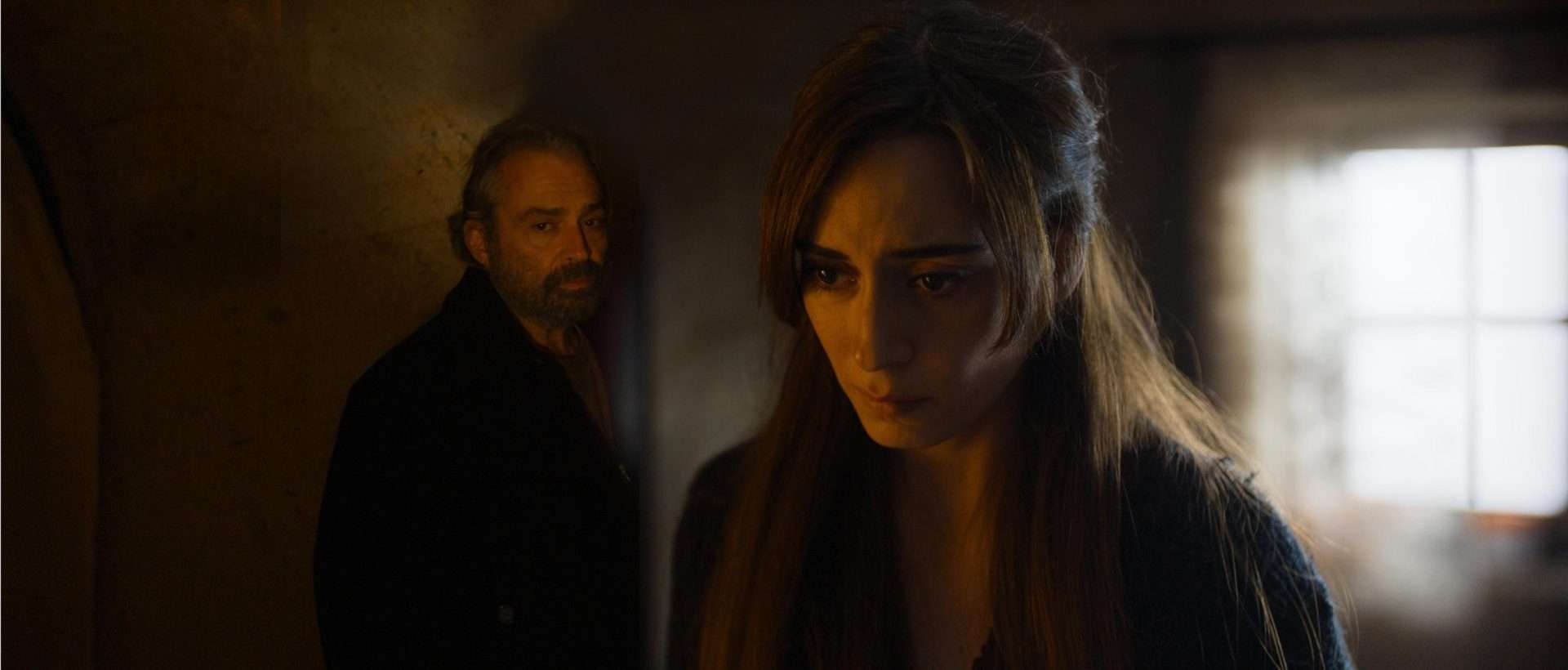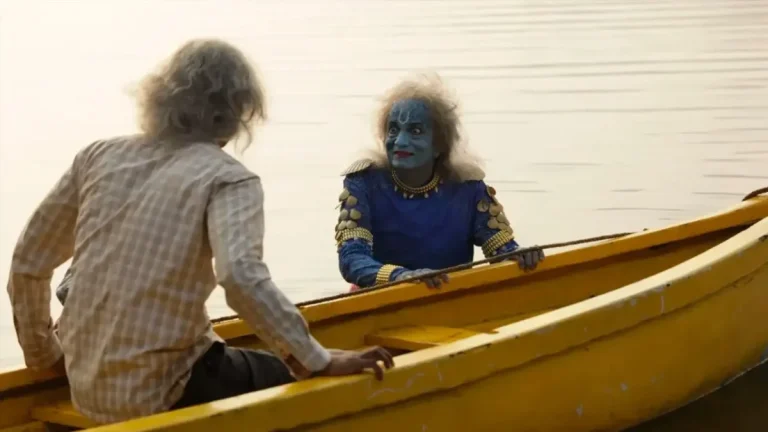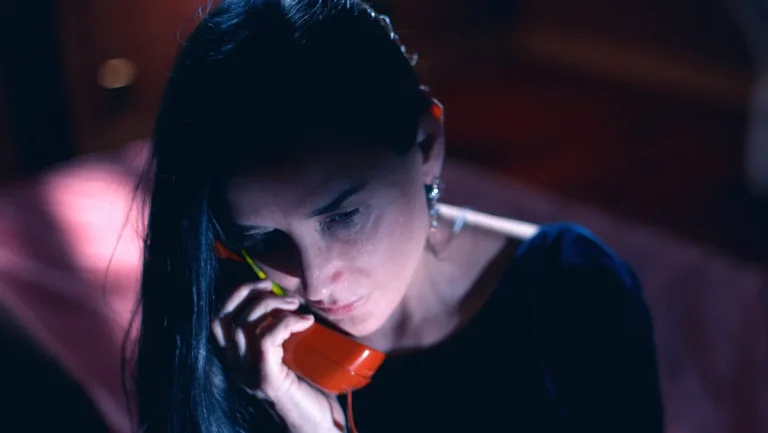Nuri Bilge Ceylan is a cinematic luminary whose work has garnered international acclaim. Renowned for his meticulous attention to detail, slow pacing, and profound exploration of human psychology, Ceylan has carved a distinctive niche in contemporary cinema. His magnum opus, Winter Sleep, a Palme d’Or winner, stands as a testament to his mastery.
The Chekhovian Influence: A Foundation for Winter Sleep
Ceylan’s creative journey is deeply intertwined with the literary world. The genesis of Winter Sleep can be traced back to the evocative short stories of Anton Chekhov. Nuri Bilge Ceylan, in an interview with Geoff Andrew for BFI, says, “It’s inspired by several short stories by Chekhov. In fact, I’d been thinking about one of the stories for 15, maybe 16 years, but until now, I felt it was very difficult to turn into a film. “For over a decade, Ceylan was captivated by Chekhov’s ability to delve into the intricacies of human relationships and the unspoken tensions that simmer beneath the surface. In particular, “The Wife” and a subplot from “The Brothers Karamazov” resonated with Ceylan, providing a foundation for his own exploration of marital discord and the complexities of human nature.
-
“The Wife” serves as a poignant blueprint for the marital dynamics in Winter Sleep. Chekhov’s portrayal of a woman’s silent suffering and resentment within a seemingly stable marriage echoes the relationship between Aydin and Nihal. Aydin, a self-assured intellectual, often overlooks his wife’s emotional needs, creating a palpable sense of disconnect.
-
The influence of “The Brothers Karamazov” is more subtle, manifesting in the film’s exploration of philosophical and religious themes. Aydin, like the characters in Dostoevsky’s novel, engages in intellectual discourse, grappling with questions of faith and morality. However, his words often ring hollow, revealing a chasm between his intellectual pursuits and his actions.
Despite the challenges of adapting such complex literary works, Ceylan’s unwavering determination led him to embark on the cinematic adaptation. The collaborative process with his wife Ebru was instrumental in shaping the film’s narrative. Together, they meticulously crafted each scene, engaging in intense discussions and multiple rewrites. This painstaking process resulted in a script of extraordinary length, reflecting their commitment to depth and complexity.

Ceylan’s filmmaking philosophy is evident in his meticulous approach. He shot over 200 hours of footage, allowing for ample exploration and experimentation. The final cut, a three-and-a-quarter-hour masterpiece, is a testament to his unwavering vision. Winter Sleep is not merely a film; it is an immersive experience that invites audiences to delve into the intricacies of human relationships and the complexities of the human psyche.
Ceylan’s films are not easily digestible; they demand the viewer’s full attention. His deliberate pacing and meticulous attention to detail create a cinematic world that is both captivating and thought-provoking. Winter Sleep is a quintessential example of Ceylan’s artistry, a film that lingers in the mind long after the credits roll.
Beyond his cinematic achievements, Ceylan is a poet and a self-taught filmmaker. His deep understanding of human nature, coupled with his poetic sensibility, has enabled him to create films that resonate on a profound level. Ceylan’s legacy as a master of slow cinema is secure, and his influence on contemporary filmmaking is undeniable.
Also Read Every Nuri Bilge Ceylan Film Ranked
Winter Sleep is more than just a film; it is a testament to Ceylan’s unwavering dedication to his craft. By delving into the depths of the human soul, Ceylan has created a cinematic masterpiece that invites contemplation and introspection. As audiences continue to explore the complexities of the human experience, Ceylan’s work will undoubtedly remain a touchstone for generations to come.








